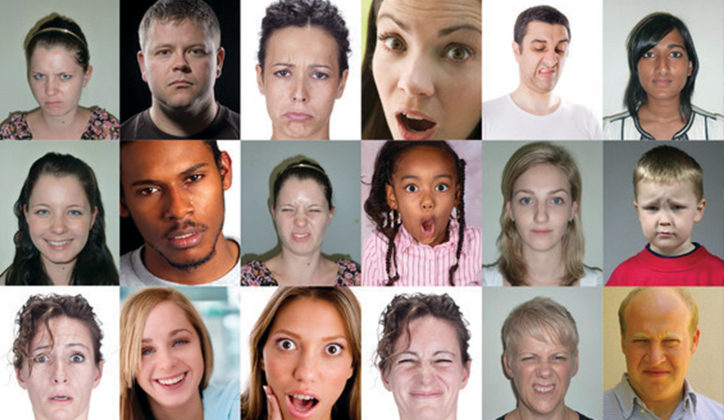Some of the significant problems that people with schizophrenia confront include difficulties in understanding social situations and difficulties in understanding events from the perspective of other people. These social cognitive deficits make friendships and working life very hard, often leading to alienation and extreme social isolation. As these aspects of schizophrenia are not currently addressed by medication, these difficulties are described by people with schizophrenia, their carers and clinicians as being among the greatest unmet treatment needs for people with this mental health condition.
Someone very familiar with these difficulties is Dr Pamela Marsh, researcher at Macquarie’s ARC Centre for Excellence in Cognition and its Disorders (CCD), and mother and primary carer of her 33-year-old son, who has schizoaffective disorder.
“The most notable aspect of my son’s illness is his extreme social isolation. He has identified the worst aspect of his illness as the inability to ‘get on with my work mates’. So, although he is able to work in the building industry, he is equally unable to sustain healthy and ongoing relationships with those around him. He struggles to understand basic social interactions and frequently perceives threat in interactions that those of us without a psychotic illness would perceive as innocuous. He has difficulty understanding others’ feelings and facial expressions. He has a tendency to interpret the abstract literally; humour often passes him by; and jokes must be explained. This is the confusion that my son experiences most days as he tries to negotiate the social world around him and this experience parallels the experience of many people with a psychotic illness.”
With this as her primary motivator, she has lead a team to develop a new training program, SoCog, a novel remediation program that targets the characteristic social impairments found in schizophrenia. SoCog comprises a suite of games and activities that are presented to small groups of participants within a social atmosphere. The games and activities are used as a platform via which to encourage participants to engage their own social-cognitive abilities to infer other people’s likely thoughts, to explain and predict others’ behaviour and to better recognise other people’s emotions from their facial expressions. Early reports suggest that the program can help people with schizophrenia develop richer connections with those around them and improve capacity for social cohesion.
From 2008 to 2012, two pilot studies demonstrated promising early efficacy and, since that time, the SoCog program has been rolled out in hospitals and used by clinicians around Sydney. Both of the pilot studies provided promising evidence of improvements in the participants’ abilities to effectively recognise other people’s facial expressions of emotion and in their overall social skills, such as being able to look at people during social interactions. Subsequent anecdotal reports from clinicians currently using the program with their clients support these findings.
“Feedback shows clearly that SoCog changes the lives of consumers/carers at a level that goes well beyond simply improving performance on certain tasks. For instance, one parent of a young man who completed SoCog said that SoCog had changed her relationship with her son because he now looked at her and communicated with her as well as trying to express his emotions during those interactions. Another parent stated that her child had hugged her for the first time in a long time.”
To keep costs down for the people who will benefit most, the program and its manual are provided free of charge, and Dr Marsh and her team regularly run workshops to train health care professionals on how to implement it.

